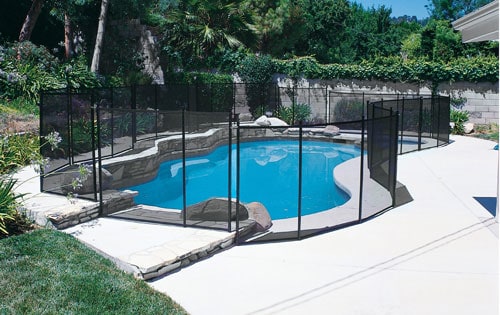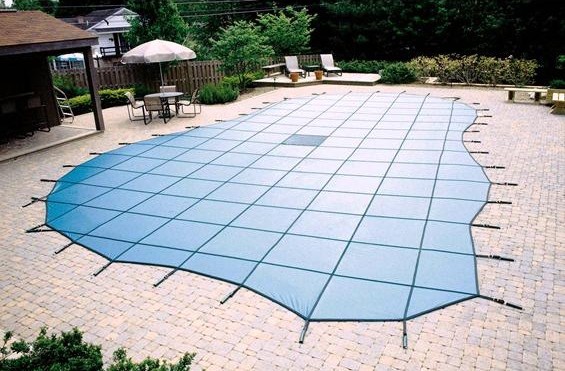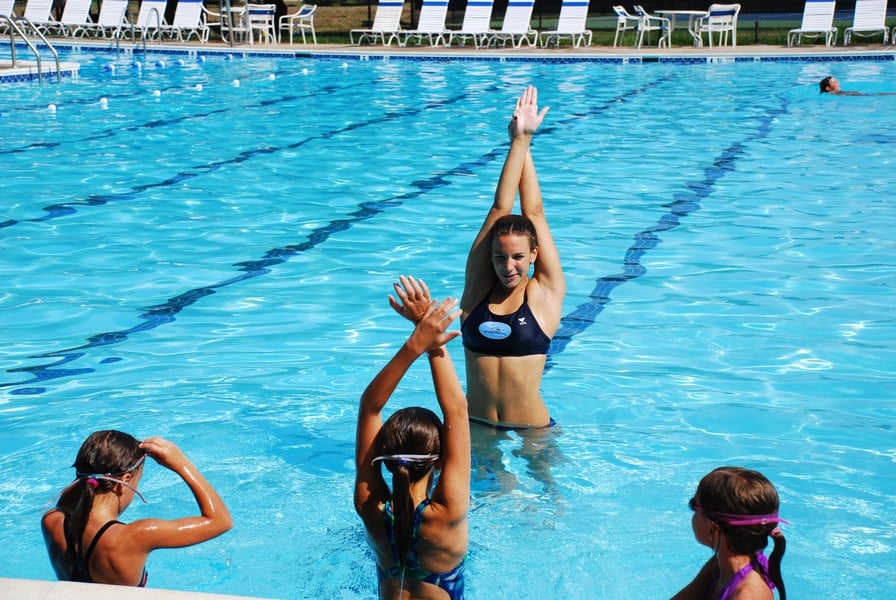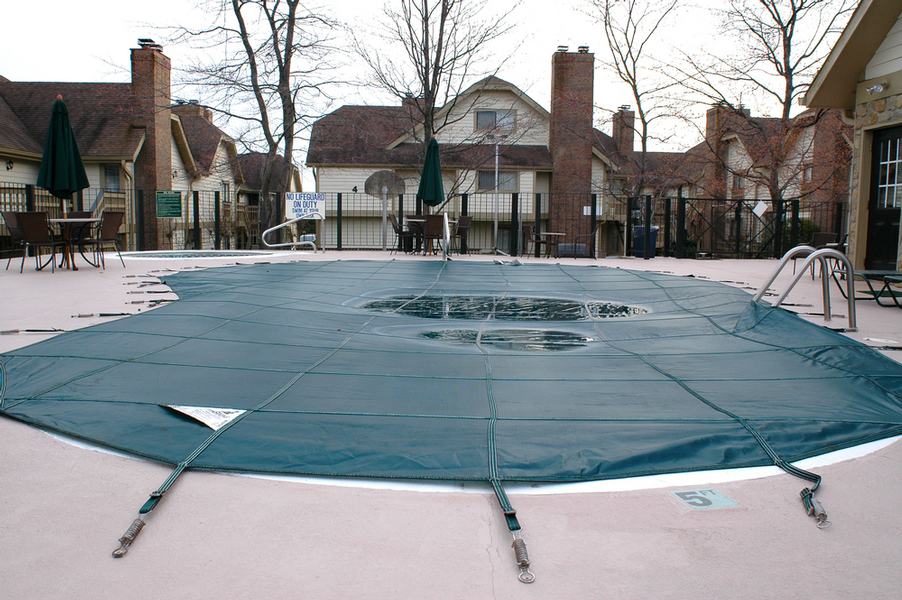All responsible pool owners must have safety protocol in place to protect children, guests, pets, and others from hurting themselves near the pool. In addition to teaching people about proper pool safety, like not running near the pool or not swimming without a partner, you can employ different types of barriers to control when people use your swimming pool. There are two main categories of pool safety barriers: electric and physical. In part one of this guide, we will explore different types of electric pool safety barriers that you may use in your home or business.
Side-Mounted Pool Alarms
As their name suggests, side-mounted pool alarms are attached to the side of a swimming pool. They are designed to go off when an object weighing 15 pounds or more enters the pool. There is a sensor that sets below the surface of the water to detect pressure differences that could indicate a child or pet has fallen into the pool. Side-mounted pool alarms may cause some problems on windy days because the wind can move the water enough to trigger a false alarm. With that in mind, this is a great source of backup security that could help you keep an eye on your swimming pool.
Pool Alarm Arm Bands
Pool alarm arm bands are designed to help parents keep an eye on their children while they are playing in the backyard. A special arm band goes around the child’s wrists, and that arm band sends a signal to a speaker the parent keeps with him or her. If the band is submerged under water, the speaker sets off an alarm to alert the parent. This works for kiddie pools, ponds, and other bodies of water, not just in-ground swimming pools. If you have small children and you are worried about their safety around the pool, this could be a great investment for you.
Motion Sensors
You can set up motion sensors around your pool to detect when someone enters the area or jumps directly into the pool. There are a number of motion sensors on the market these days, so you can customize your choices to suit your individual needs. For instance, if you have a gated fence around your pool, you may have a motion sensor on the gate to let you know when it gets opened. This may set off an alarm or it may pair to an app on your phone that sends you a push notification when motion is detected. Either way, you will know if someone is in your pool area when they aren’t supposed to be.
Door Alarms
Another alternative to setting up motion sensors is to put a simple door alarm on your back door. You can buy these for a few dollars each at any home improvement store and mount them yourself. There are two parts to the alarm – one that connects to the door itself and one that connects to the door frame. Whenever the two parts are separated, an alarm goes off. Door alarms may not connect directly to your pool, but they can help you keep an eye on mischievous children who find their way into the yard without permission.
With the right electric safety barriers in place, you can protect your family and your guests from potential pool hazards. Be sure to read over part two of our guide, where we explain physical pool safety barriers you can install for your home or business.









